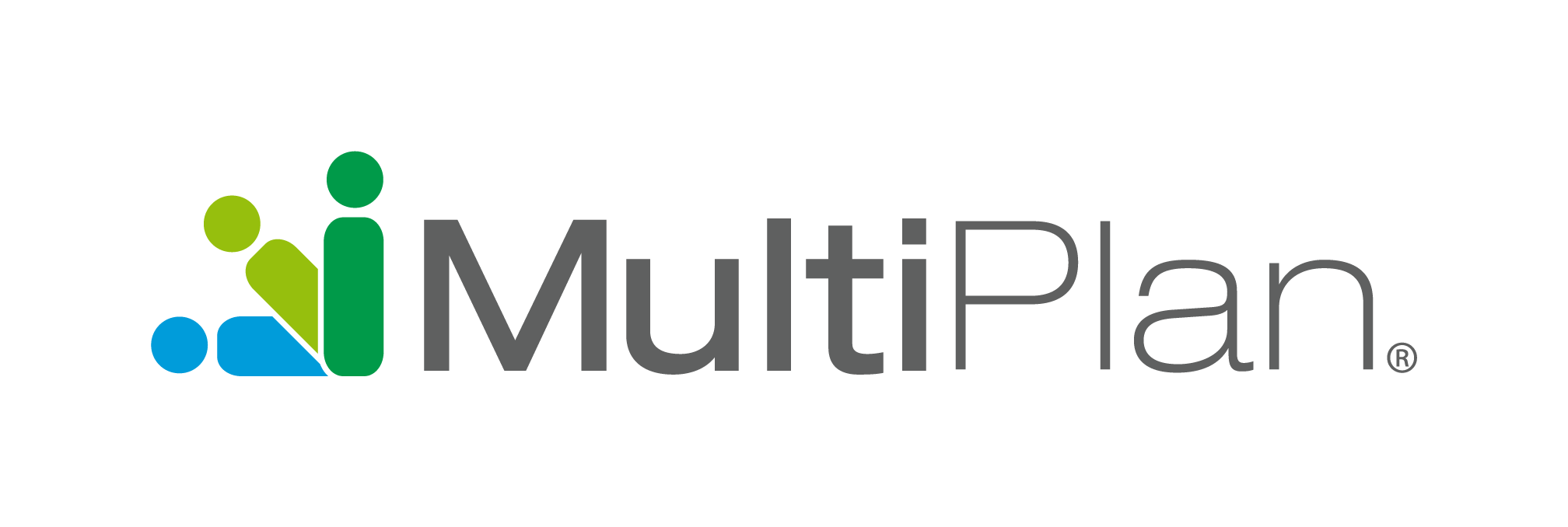As we carry on into 2021, several changes are taking place among Medicare Advantage health plans and their enrollees. Changes include rising numbers of eligible members, changes in End-Stage Renal Disease (ESRD) enrollment, and modifications to Part D coverage.
Enrollment and Medicare Advantage plan options
2021 will see the largest enrollment in Medicare Advantage health plans. The Centers for Medicare and Medicaid Services (CMS) expects that 42% of the eligible Medicare population, approximately 26 million people, will be enrolled in a Medicare Advantage plan. This represents a staggering increase of 44% in just four years.
As this number of eligible members grows, we expect that the demand for additional plan options will rise. To meet this need, there will be more than 4,800 plan options for enrollees, representing a 76.6% increase from four years ago.
Competition in the Medicare Advantage market has driven plans to create multiple products for health plan members, which will give members lots of options and plans. Despite the fact that the Medicare demographic rarely switches plans, we expect to see that change by historic numbers in 2021.
As members change plans, coordination of benefits becomes increasingly important to ensure that health plans update eligibility member information to ensure that they pay correctly for current members and avoid paying claims for members who have switched plans. Similarly, Medicare Secondary Payer (MSP) comes into play. When a member switches plans, the plan needs to send a notice of termination to CMS. If the plan fails to do so or if CMS does not update their eligibility file, the inaccurate MSP eligibility data will result in an 81% premium decrease for that member.
End-Stage Renal Disease
2021 will be the first year during which a person with End-Stage Renal Disease will be able to enroll directly into a Medicare Advantage plan. This is a great opportunity for members—Medicare Advantage plans have more experience managing high-risk members and typically have strong care coordination teams in place.
But this might create some challenges for health plans. As a result of the 21st Century Cures Act, we can expect to see as many as 600,000 members with ESRD to move from commercial plans to Medicare plans this year. Given that ESRD members account for a disproportionate amount of medical expenses, it’s critical for the plan to manage costs for these members.
As for premiums for these members, plans have little control over reimbursement levels set by CMS, typically $6,000 per month. Given the rising number of ESRD members, ensuring that CMS recognizes members as eligible for ESRD status will be more important than ever.
However, the process can be fraught with error. Typically, providers (often dialysis clinics) will send a form to CMS indicating eligibility for ESRD status. But if providers make a mistake on the form or neglect to submit it, the plan will lose out on premium dollars. While the monthly cost of one member is significant, a plan could miss out on hundreds of thousands of dollars for multiple members over time. Plans should have rigorous procedures in place to prevent coding errors and an equally rigorous process to look back every few months.
Part D Coverage
2021 will see an increase in patient-oriented policies and a reduction in healthcare expenses for those who need it most. Member premiums have fallen about 34% since 2017, and those members with diabetes will begin to see some relief from insulin costs. More than a third of all Medicare members have diabetes, representing an 18% increase since 2000. This year for the first time, seniors will have more than 1,600 Part D plans to choose from, all of which offer insulin at a maximum copay of just $35.
As we see an uptick in members switching plans, health plans will need to make a concerted effort to prevent paying Part D claims for members who have switched coverage. This requires a strong coordination of benefits process and should include updating member eligibility in the MARx system.
Given the many changes expected in 2021, Medicare Advantage plans and their members will need to adjust. For members, these are very positive changes and ultimately will result in increased savings. For health plans, these changes can have a profound impact and will require plans to keep a close eye on cost-containment strategies.
Learn more about how MultiPlan’s Revenue Integrity Services can help you restore and protect your premium dollars throughout 2021 and beyond.
Previously published on the former Discovery Health Partners website.

